But readers can be our enemy. They get bored easily. They’re faithless. They sense when the writer is holding back, fudging the truth, skipping over information. The writer has to be fearless. The reader expects a point to the memoir. Otherwise they say to themselves, “Who cares?” There has to be a purpose that is clear and a resolution.
Monday, November 6, 2017
Joe Fiorito's Unforgettable Workshop on Writing Memoir
He Taught Us Memoir with Memoir
We hung on every word. Joe spoke in parables, most taken from
his own life. His tapestry of tales gave us information about writing memoir, along
with a context to help remember it.
He spoke about his time in the arctic, his early days at
Lakehead University, his loves, his heartbreaks, all so personal and revealing
that we, the listeners, just sat there, forgetting to take notes, our mouths hanging
open. Soon we understood we were learning about memoir from Joe’s spoken memoirs.
Joe related stories about his childhood in Westfort, his
family, his early writing days, his column in the Toronto Star, his books, his
first publisher.
Joe told us about the career criminal, Ricky Atkinson, the
leader of the Dirty Tricks Gang. Atkinson’s rough memoir became a book with Joe
as co-author.
Joe went round the circle asking the participants about
their writing. Many were writers or
poets or playwrights. Others planned to be. The woman who sat beside me was a
painter with a good idea. She wanted to write the story of each painting. What
a book that would make!
Joe used these introductions to set up questions to answer
later. Joe speaks slowly, softly,
thoughtfully and also bluntly. The Westfort kid is still as tough as ever. When
it was my turn, I said I wrote a few short memoir pieces, but to do so, I had
to open a vein. He agreed. For him, it felt like slashing open an old sore on
his arm, over and over. Joe rolled up his sleeve and pointed to the place where
the ghost sore festered.
Memoir is not for the faint of heart.
I cannot retell his stories here. Too personal. They remain
in that room. But I did make a few notes that I’ve tried to put in some kind of
order. Of course, each participant in a
workshop picks up what is personally relevant to them. I admit I spent a lot of
my time jotting down side ideas that related to stuff I’m working on now. No
doubt, others have a quite different set of notes from mine.
Become an observer.
Carry a notebook all the time. Go to places where people hang out and take
notes. Go to the mall and watch. The patterns change over time. Annie Proulx
hangs around her local bus station. You can too. There’s lots to see for a
sharp observer. Hone your observation skills. Joe described spending an entire
day on a Toronto street corner just observing. That day became a book, Rust is a Form of Fire.
As a child, Joe was the watcher. Luckily for him, he came from
a family of storytellers and became a storyteller himself. I believe he was a
story collector from a young age. As a columnist, he talked to people to tease
out their stories. He reads the obituaries, hunting for those true-life
vignettes that stand out from the banal sweetness and obvious flim-flam of many
death notices. (My note. In my opinion, the Winnipeg Free Press has the best
obituaries.) Certain obituaries capture one’s imagination. You wonder what it
felt like to be that person. Analyze why you’re attracted. What details move
you?
There is no such thing as writers’ block, says Joe. If you
feel blocked go for a walk or go to the mall and observe deeply. Or write
yourself a letter. Describe the problem. And most importantly, if you are
blocked, you probably need more research.
Writing.
Keep the sentences short, one thought per sentence. Use clear, simple language.
It must have cadence. Read it out loud. Read it out loud with a finger in your
ear. (Why this works, I have no idea, but try it anyway.). You can teach
yourself to recognize cadence just as you can teach yourself many elements of
the craft. Read the King James’ Bible, a book swimming in cadence. Read or
write poetry. Poets are a step ahead here because they are well acquainted with
the beat and pulse of language.
Start your piece with your best shot, the incident that you
remember the strongest, the item that is the most memorable, that has the
greatest punch.
Joe says the New Yorker magazine taught him to give
information clearly. He also likes cooking memoirs. A recipe is a model of concise
and accurate writing. His goal is always accuracy and precision with
laser-sharp details.
Joe mentioned a technique called “squeeze and release.” You
cannot keep the writing at a high pitch all the time. You must slow down, ease
off, to give the reader a pause or a break. A reader can’t take too much power
writing for long stretches.
The question of dialogue came up. If you can remember it,
use it. If it is in your notebook, all the better. If you can’t remember it,
don’t make it up. It’ll sound phony. Never put modern phrases into the mouth of
a historical character. Dialogue must be authentic to the times.
Readers. What
happens when we read? We follow the story by making pictures in our minds using
out imagination. Therefore, as writers,
we must aim to capture our reader’s imagination. Why do we read memoir
specifically? Many reasons. Perhaps
because we want a good story, or to learn something. Maybe to find out, “what
it was like.”
But readers can be our enemy. They get bored easily. They’re faithless. They sense when the writer is holding back, fudging the truth, skipping over information. The writer has to be fearless. The reader expects a point to the memoir. Otherwise they say to themselves, “Who cares?” There has to be a purpose that is clear and a resolution.
But readers can be our enemy. They get bored easily. They’re faithless. They sense when the writer is holding back, fudging the truth, skipping over information. The writer has to be fearless. The reader expects a point to the memoir. Otherwise they say to themselves, “Who cares?” There has to be a purpose that is clear and a resolution.
Observation while reading. Everything you read,
whether it be newspapers, advertising or books, is a teaching object. Be aware
of how the piece affects you. Pause. Note your own reactions. Why did you get
interested here, bored there? Mark the
place where it happens. Analyze the section. Note the emotion or lack of
emotion the writing evoked in you? Perhaps you sensed the author was faking it? If something works, try to figure
out how it was done. If it doesn’t work, figure that out too and, as an
exercise, rewrite it to make it better. Joe said he often rewrote the poems in
the New Yorker to teach himself to be a poet.
Detail, precise detail, is important but you can’t overload
your work. There has to be space for the reader to imagine.
By studying writing, you can become your own editor. It is
hard to judge your own material but you can learn to do it. Do not surrender
the task to anyone else. Do not give away your power.
Getting to the Truth. You have to use journalistic methods.
You must know that one person’s
experience of the past may be different from your experience.
Nevertheless, that does not invalidate your experience. You can use old
photographs, diaries, cards such as condolence cards, and family letters. You
can interview those who were present at the time. You can learn about the
historical period. You can go back to the old house or visit the cemetery. Go
to the sources.
You are the
Narrator. But who are you? You
are the point of view in the story, the “I.” You are the focus. You have to be
shameless, put yourself out there. The reader wants to connect with you. The
reader will soon sense an inauthentic persona.
You have to know yourself. Not always easy. You have to show your
emotion. You cannot hide. When Joan Didion writes, she is the chief character
in her book. Joe, as child and adult, is the main character in his award
winning memoir, The Closer We are to
Dying. He admits it was not an easy book to write.
Joe’s Suggested Reading
The Year of Magical
Thinking by Joan Didion. (in Brodie and Waverley libraries)
Toast by Nigel
Slater.
Stet by Diana
Athill. (in Waverley Library)
The Way of a Boy: A
Memoir of Java by Ernest Hillen. (in Brodie Library)
Night of the Gun: a
reporter investigates the darkest story of his life. (Brodie Library)
The Elements of Style
by William Strunk Jr. and E. B. White. (get the recent edition)
The New Yorker magazine. (available at Chapters and in the
libraries)
Books by Joe Fiorito
The Closer We Are to
Dying (memoir)
Rust is a Form of Fire
The Song Beneath the
Ice (fiction)
Comfort Me with Apples:
Considering the Pleasures of the Table.
Union Station: Love, Madness, Sex and Survival on the
Streets of the New Toronto
The Life and Hard
Times of Ricky Atkinson; Leader of the Dirty Tricks Gang by Ricky Atkinson
and Joe Fiorito.
Subscribe to:
Post Comments (Atom)





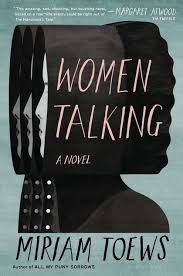







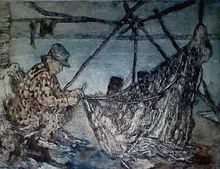

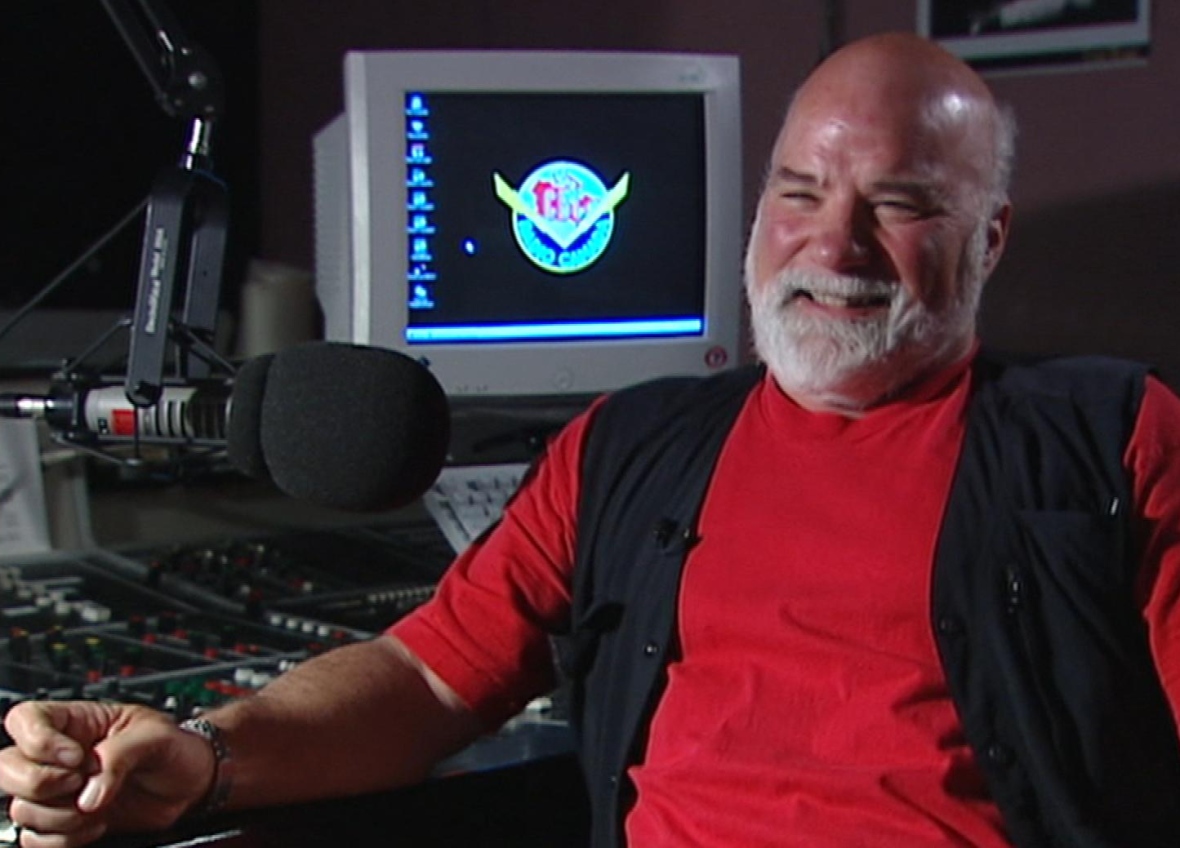
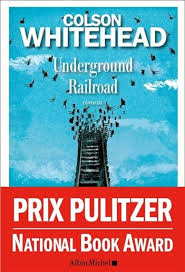

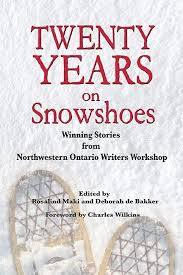










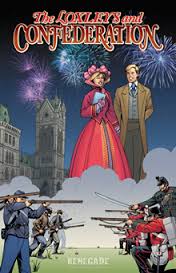

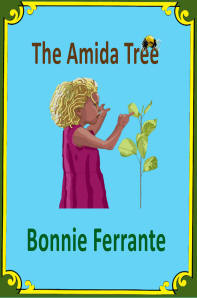
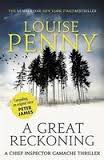















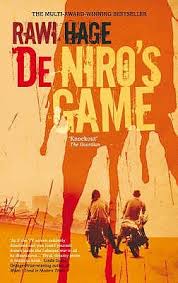

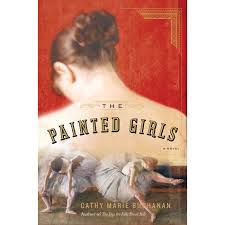
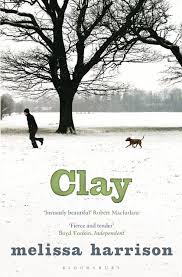

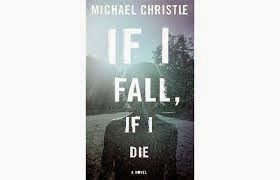


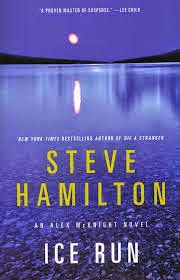
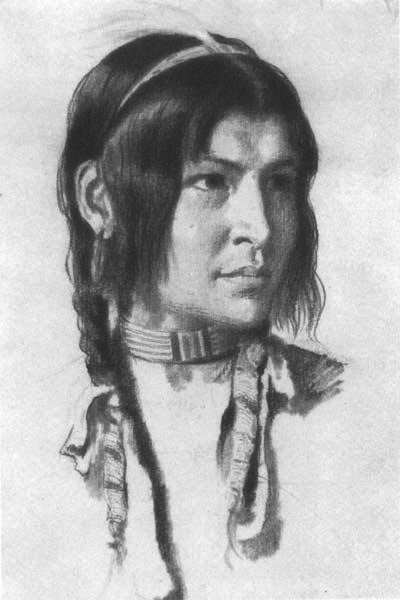


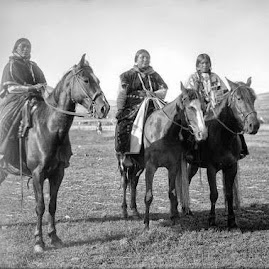
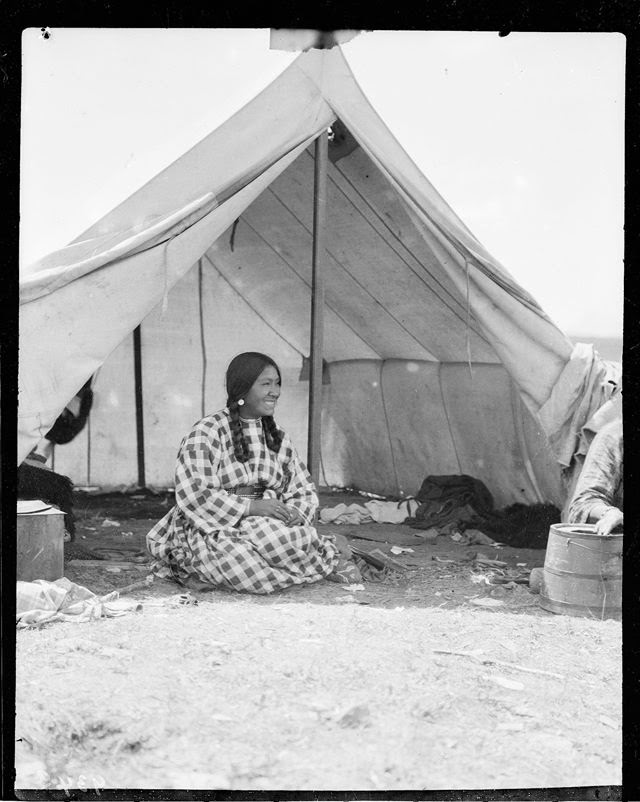







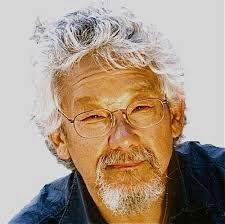



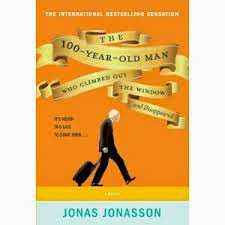



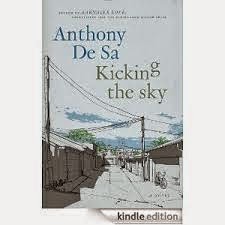









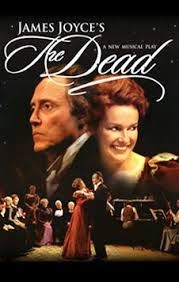

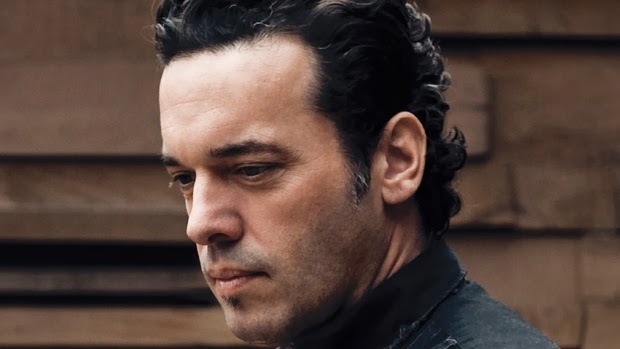
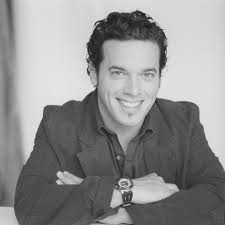




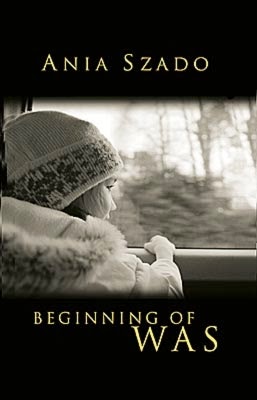

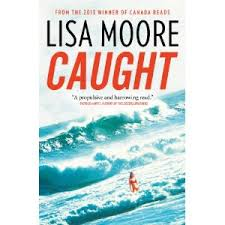

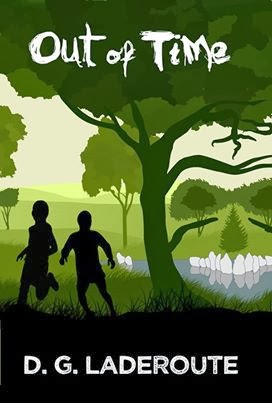
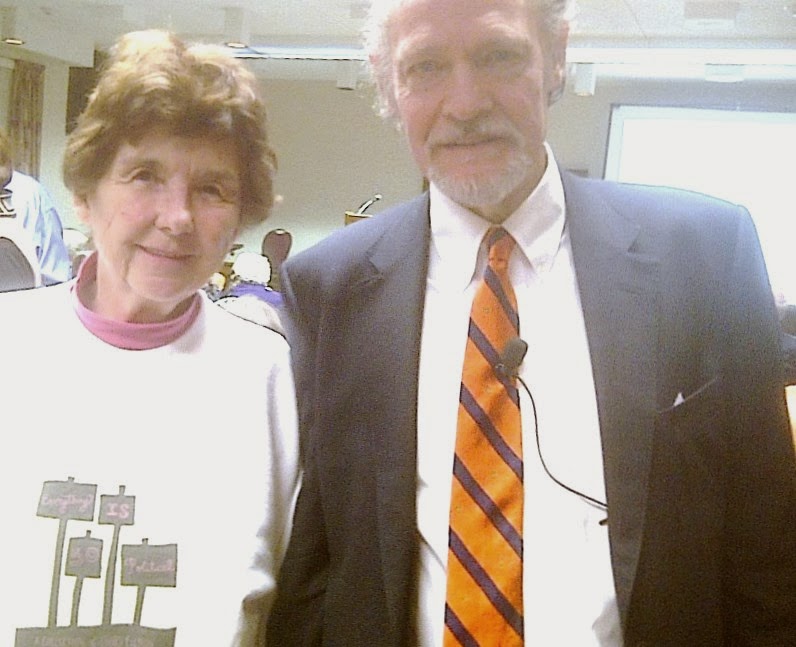








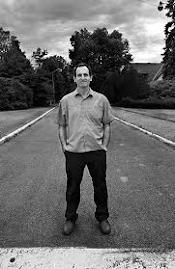






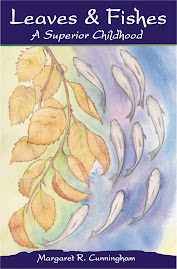


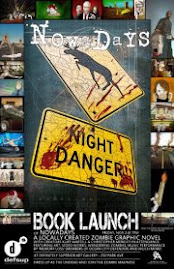



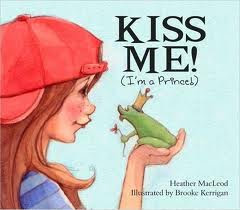




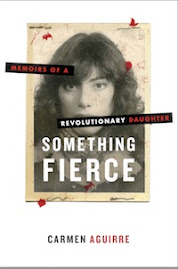

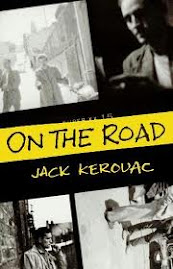

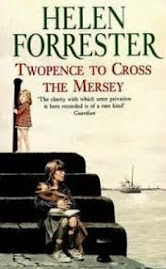
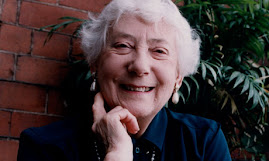



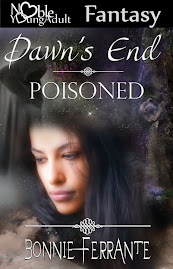

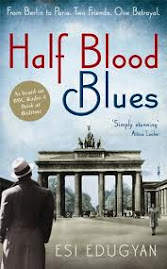
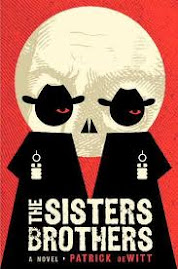
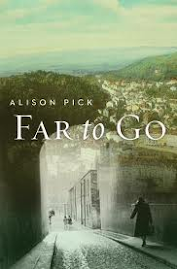

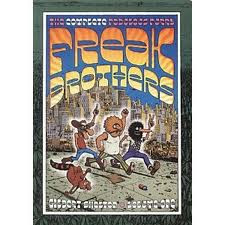
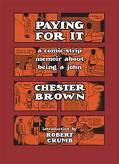
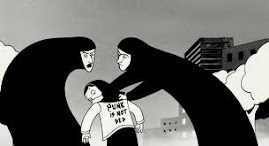
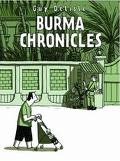

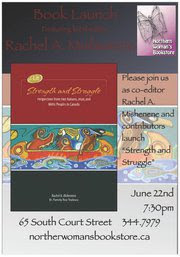

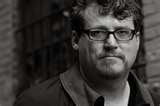

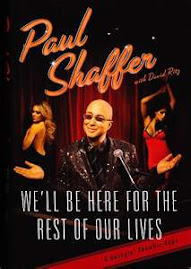














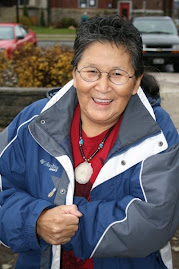












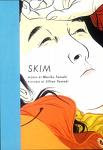




























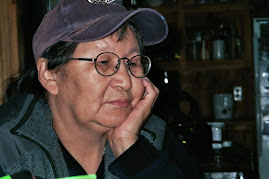




































No comments:
Post a Comment